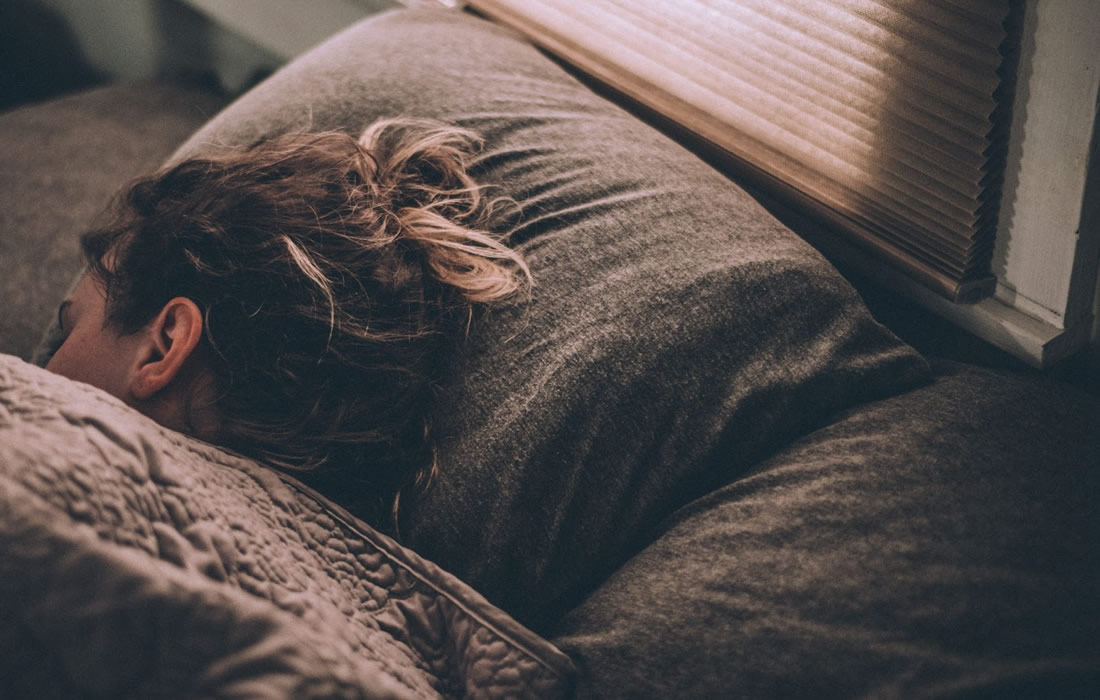Lifestyle
When it Comes to Sleep, it’s Quality Over Quantity
“There’s a dogma in the field that everyone needs eight hours of sleep, but our work to date confirms that the amount of sleep people need differs based on genetics,” said neurologist Louis Ptacek, MD, “Think of it as analogous to height; there’s no perfect amount of height, each person is different. We’ve shown that the case is similar for sleep.”
Ptacek and co-senior author, Ying-Hui Fu, PhD, have been studying people with Familial Natural Short Sleep (FNSS), the ability to function fully on — and have a preference for — four to six hours of sleep a night. They’ve shown that it runs in families and, thus far, have identified five genes across the genome that play a role in enabling this efficient sleep.
This study tested Fu’s hypothesis that elite sleep can be a shield against neurodegenerative disease.Fu mentions that with FNSS, the brain accomplishes its sleep tasks in a shorter time. In other words, less time spent efficiently sleeping may not equate to a lack of sleep.
“Sleep problems are common in all diseases of the brain,” she said. “This makes sense because sleep is a complex activity. Many parts of your brain have to work together for you to fall asleep and to wake up. When these parts of the brain are damaged, it makes it harder to sleep or get quality sleep.”
Understanding the biological underpinnings of sleep regulation could identify drugs that will help ward off problems with sleep disorders. In addition, improving sleep in healthy people may sustain wellbeing and improve the quality of time we each have, the researchers said. But pursuing the many genes involved is a long game that they liken to putting together a thousand-piece jigsaw puzzle.
“Every mutation we find is another piece,” said Ptacek. “Right now we’re working on the edges and the corners, to get to that place where it’s easier to put the pieces together and where the picture really starts to emerge.”
In the future, there’s already promise in some of the few genes they’ve identified. At least one of them can be targeted with existing drugs that might be repurposed. Their hope is that within the next decade, they’ll have helped facilitate new treatments that allow people with brain disorders to get a better night’s rest.
“This work opens the door to a new understanding of how to delay and possibly prevent a lot of diseases,” said Fu. “Our goal really is to help everyone live healthier and longer through getting optimum sleep.”
Sources:
Qing Dong, Nicholas W. Gentry, Thomas McMahon, Maya Yamazaki, Lorena Benitez-Rivera, Tammy Wang, Li Gan, Louis Ptáček, Ying-Hui Fu. Familial natural short sleep mutations reduce Alzheimer pathology in mice. iScience, 2022; 103964 DOI: 10.1016/j.isci.2022.103964
University of California – San Francisco. “When it comes to sleep, it’s quality over quantity.” ScienceDaily. ScienceDaily, 15 March 2022. <www.sciencedaily.com/releases/2022/03/220315112959.htm>.
Images from:
Photo by Gregory Pappas
https://unsplash.com/photos/rUc9hVE-L-E

